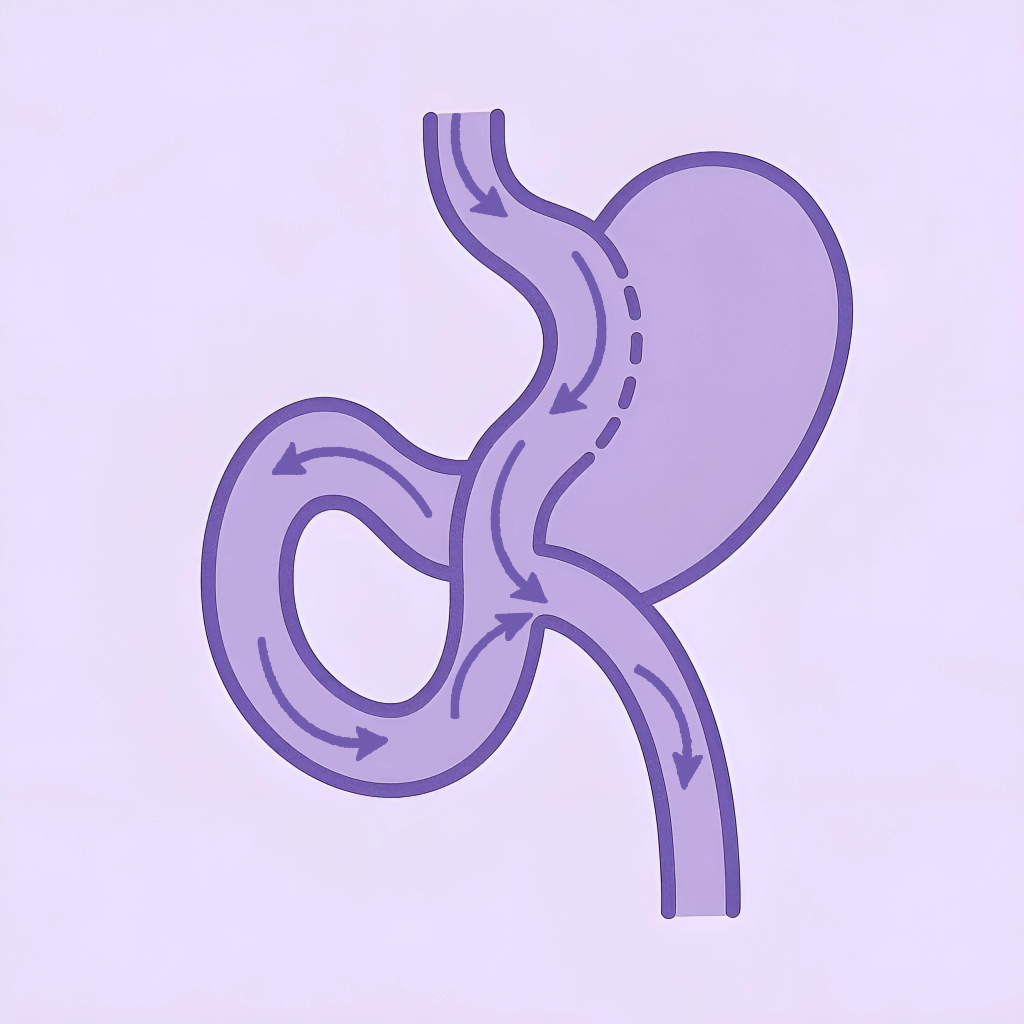Koloskopie







Die Koloskopie ist ein diagnostisches Verfahren, bei dem der Dickdarm und das Rektum mit einer flexiblen Kamera untersucht werden, um Anomalien zu erkennen.
Überblick
Die Koloskopie ist ein minimalinvasives Verfahren zur Untersuchung des Dickdarms (Dickdarm) und des Rektums auf Auffälligkeiten wie Polypen, Entzündungen, Geschwüre oder Krebs. Ein dünner, flexibler Schlauch mit einer Kamera (Koloskop) wird durch das Rektum eingeführt, um eine detaillierte Ansicht der Dickdarmschleimhaut zu erhalten.
Dieses Verfahren ist entscheidend für die Erkennung und Vorbeugung von Darmkrebs, die Diagnose chronischer Verdauungssymptome und die Erkennung von Erkrankungen wie Morbus Crohn, Colitis ulcerosa und Divertikulose. Es wird auch zur Entfernung von Polypen, zur Entnahme von Biopsien und zur Behandlung von blutenden Läsionen im Dickdarm eingesetzt.
Wann wird eine Darmspiegelung empfohlen?
Die Koloskopie wird für Personen mit anhaltenden Verdauungssymptomen wie rektalen Blutungen, chronischem Durchfall, Verstopfung, unerklärlichem Gewichtsverlust oder Bauchschmerzen empfohlen. Es wird auch für die routinemäßige Darmkrebsvorsorge bei Personen über 45 Jahren oder Personen mit einer familiären Vorgeschichte von Darmkrebs empfohlen.
Dieses Verfahren ist unerlässlich für die Überwachung entzündlicher Darmerkrankungen (IBD) und die Beurteilung früherer Polypen oder abnormaler Stuhltestergebnisse. Es kann auch verwendet werden, um Ergebnisse von bildgebenden Tests wie CT-Scans zu bestätigen.
Einzelheiten zum Verfahren
Die Koloskopie ist ein sicheres und effektives ambulantes Verfahren, das zum Wohle des Patienten unter leichter Sedierung oder Narkose durchgeführt wird.
Vor dem Eingriff wird 24 Stunden lang eine flüssige Diät eingehalten und eine Darmreinigungslösung eingenommen. Ein mildes Beruhigungsmittel oder eine Anästhesie wird verabreicht.
Das Koloskop wird durch das Rektum eingeführt und durch den Dickdarm vorgeschoben.
Die Dickdarmschleimhaut wird auf Abnormalitäten untersucht, und bei Bedarf können Biopsien oder Polypenentfernungen durchgeführt werden.
Das Koloskop wird vorsichtig zurückgezogen und der Patient wird vor der Entlassung überwacht.
Erholung
Die Erholung von der Darmspiegelung ist schnell, und die meisten Patienten können noch am selben Tag nach Hause gehen. Leichte Blähungen, Krämpfe oder Benommenheit durch Sedierung können auftreten, klingen aber in der Regel innerhalb weniger Stunden ab. Den Patienten wird empfohlen, schwere Mahlzeiten und Alkohol für den Rest des Tages zu vermeiden.
Wir geben Anweisungen zur Pflege nach dem Eingriff, einschließlich Ernährungsempfehlungen und Symptomüberwachung. Die Ergebnisse einer Biopsie oder eines Polypen können einige Tage in Anspruch nehmen. Die meisten Patienten können innerhalb von 24 Stunden zu ihren normalen Aktivitäten zurückkehren.
Haben Sie Fragen zu Ihrer Behandlung?

Häufig gestellte Fragen
Hier finden Sie klare Antworten auf die am häufigsten gestellten Fragen.
Benötigen Sie individuelle Unterstützung? Kontaktieren Sie uns über WhatsApp – wir antworten in der Regel innerhalb weniger Minuten.
In welchen Operationen ist Dr. Gül spezialisiert?
Warum die Türkei für chirurgische Eingriffe wählen?
Wie lange dauert die Genesung nach den meisten Operationen?
Welche bariatrischen Verfahren werden in der Klinik angeboten?
Wie viel Gewicht kann ich nach einer bariatrischen Operation erwarten, zu verlieren?
Welche Sprachen spricht Dr. Gül und sein Team?
Muss ich nach einer bariatrischen Operation Nahrungsergänzungsmittel einnehmen?
Deckt die Versicherung diese Verfahren ab?
Kann ich Behandlung mit einer Reise in die Türkei kombinieren?
Welche Unterstützung ist nach der Operation verfügbar?
Unsere Expertise

Hülsengastrektomie
Minimalinvasive Operation zur langfristigen Gewichtsreduktion mit einem einfachen Verfahren und ohne Umleitung.

Mini-Magenbypass
Einfacherer, weniger invasiver Magenbypass für signifikante Gewichtsabnahme und Diabeteskontrolle.

Magenballon
Eine nicht-chirurgische, vorübergehende Option zur moderaten Gewichtsabnahme ohne bleibende Magenveränderungen.
Folgen Sie Dr. Gül auf Instagram





